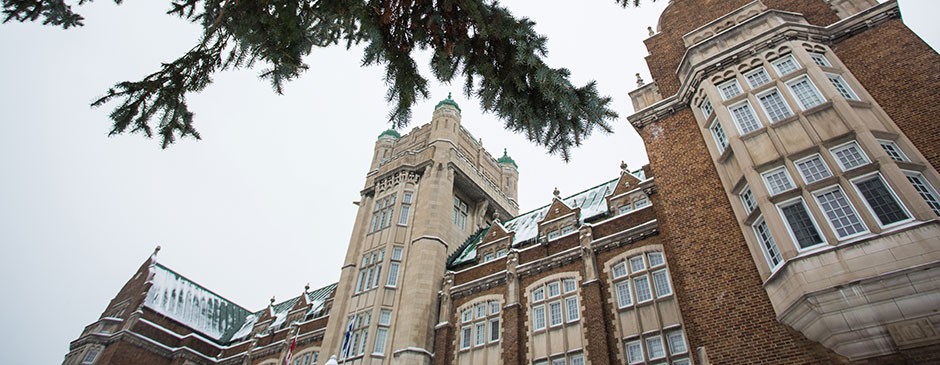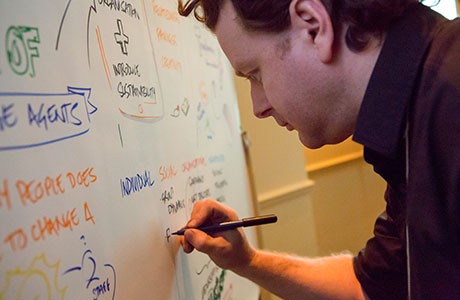We offer a 24-credit Minor in Diversity and the Contemporary World, a 27-credit Minor in Sustainability Studies, a 15-credit Sustainability Studies Elective Group, a 15-credit Equity, Diversity, and Inclusion Elective Group, a 15-credit stand-alone Sustainability Principles Microprogram, and a 9-credit Membership Program. These programs can be paired with most undergraduate Major, Specialization, and Honours programs offered in the Faculty of Arts and Science, the Faculty of Fine Arts, and the John Molson School of Business. Contact a College Advisor to find out if you can fit one of these programs into your undergraduate degree.
Our students delve into some of the most complex and challenging issues facing humankind in the 21st Century. In our programs, student investigate their area of study from global, multicultural perspectives. Our courses may be taken either as stand-alone electives, or as part of our offered programs. With just three LOYC courses, a student is granted membership to the College.
The College's academic program offers an integrative, interdisciplinary education. The educational philosophy of the College incorporates the needs to do the following:
- integrate international and global perspectives into higher education;
- foster understanding of how the individual and one's society can operate more effectively in a global context of increased inter-cultural interaction;
- balance discipline-based instruction with interdisciplinary inquiry and cross-disciplinary communication;
- prepare students to excel in further education, professional training, and employment, through the development of communication skills and, interpersonal skills and critical thinking;
- develop oneself both as a person and for responsible citizenship and leadership in the 21st Century.




